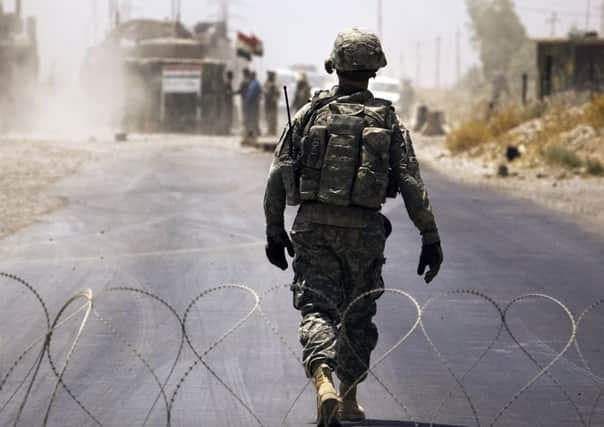Book review: Carthage by Joyce Carol Oates


Carthage
Joyce Carol Oates
Fourth Estate, £14.99
It is a story of war and death and betrayal, and Joyce Carol Oates’s Carthage, which also places a woman in love at its centre, calls on those themes too. So there is a heavy, ancient sense behind this modern tale.
But it is also a tale of re-invention, of how we structure a self, and in that sense her Carthage is very much of its time. Oates begins with a disappearance of a young girl, the teenage Cressida Mayfield, somewhere in the Adirondack mountains in Upstate New York. And so we meet our ghostly main protagonist through others – through the eyes of her powerful father, Zeno Mayfield, one-time mayor of Beechum County and leader of the search through the forests for his younger daughter, the “smart one”, as Cressida was known; through her elder sister, Juliet, who is beautiful and God-fearing and whose engagement to her sweetheart, Brett Kincaid, has just been broken off, after his return from a tour of duty in Iraq; and through her mother, Arlette, who has always struggled to understand her oddly artistic, cynical, closed-off younger daughter.
Advertisement
Hide AdOates is superb at manipulating our expectations, especially as we have no way of our own to assess what Cressida is really like until we meet her for ourselves. Whose voice can we trust? Whose opinions and impressions? First comes a suggestion from witnesses that Cressida, normally quiet and shy, was seen at a raucous bar on the edges of town where Hell’s Angels meet and girls have been attacked in the past. Then we discover that Brett Kincaid was the last person to see her, as he offered her a lift home: Brett, who was to be her future brother-in-law until he came home physically broken and disfigured, and psychologically scarred. Traces of Cressida’s blood and hair have been found in Brett’s Jeep: has the traumatised young man killed her?
But as we see into Brett’s nightmares, the acts of savagery he witnessed in Iraq, not least the execution of a young Iraqi girl’s family and her subsequent gang rape, disfigurement and murder by a group of his fellow soldiers, we begin to believe that his experiences must have made him enact something dreadful. Finally, he comes to believe this and hands himself in, confessing to the murder of Cressida. Yet the second part of the novel confounds all this immediately, when Cressida herself appears, alive and well and working for a man who has a long history of exposing institutional injustices. His latest research involves Death Row prisoners and the process of execution. To investigate this, he and Cressida, now identifying herself as Sabbath McSwain, participate in an extraordinary official tour of the Orion state prison.
What has happened to Cressida in the intervening years, and what really happened after she got into Brett Kincaid’s Jeep so long ago, is what pushes the novel forward, but the destructive power of young women, power that they don’t even know they have, set against the power of the state or the power of men, is hugely important here. In Oates’s fiction, teenage girls are always dangerous, but they are always vulnerable too, and this double-sidedness makes them extraordinary in her eyes. They are victims in war when state apparatus and groups of men can easily overpower and obliterate them, as Brett’s fellow soldiers did to the Iraqi girl. But they are dangerous in peacetime – they can wreak havoc, devastate lives and rupture families.
Another major concern here, as in so much of Oates’s work, is the underbelly of the all-American family, shiny and sweet on the surface but seething with unspoken anger underneath. This time, though, Oates adds a political aspect. It may be Cressida who drives her family apart with her disappearance, but the novel also asks the question: would she have succeeded in doing so without a war overseas that is damaging the lives of young men, young men who at some point must return to their communities? Oates brings the war in Iraq right up to the American family’s door in the most intimate way possible. The “beast” that these gated communities must keep at bay is in fact one of them, returned to them in an altered and possibly murderous state.
Brett Kincaid must reconstruct himself, Cressida Mayfield must reinvent herself as Sabbath McSwain, an intern, before either of them can properly return, in a reflection of the ancient city of Carthage itself, destroyed twice and each time reinvented. There is a strong sense of hope, then, in this often devastating, always compelling, rich and profound novel.